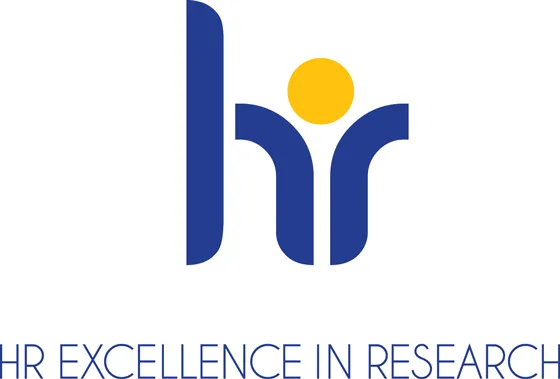Basic Guidelines of Mentoring at CUNI MFF
- Mentoring under the patronage of the Department for Business Cooperation (OFS) means collaboration between a mentor and a mentee in a time frame agreed upon in advance. The cooperation can be further extended or can continue in a form without the involvement of OFS.
- The mentor and the mentee both enter the relationship consensually and reflect this in their agreement.
- Before the start of the mentoring process, the mentor and the mentee discuss their expectations and needs, forms of cooperation and they set up an agreement in cooperation and under mediation of the OFS. A framework for an individual plan of cooperation should also be set up. We recommend that both sides promise this plan on the basis of a written agreement.
- The mentor and the mentee work together and communicate independently. A representative of the OFS supplies mediation only during the initial contact, the evaluation, and the conclusion of the agreement in the form of providing a logistical support. OFS also keeps a record of concluded agreements for the Faculty to access.
- The cooperation can have any form, which has been previously agreed upon (professional advice, consultations, shadowing…) and is not restricted or limited in terms of content.
- The mentor can choose the applicant, whom they wish to mentor. To help with selection, they can use the services of OFS or make use of their typical selection techniques.
- The mentee registers as an applicant for mentoring with a chosen mentor, sends in a CV and a letter of motivation as evidence of their interest to take part in mentoring. They can make use of the mediation role of the OFS.
- The mentee chooses the mentor they would like to work with voluntarily and based on their judgement.
- The information about the mentor is published in a previously specified place and based on the information provided by the mentor.
- The mentor and the mentee regularly evaluate their cooperation and activity in previously agreed intervals. The results of these evaluations are made available to the administration of the OFS.
- In the case of the loss of interest in mentoring or other requirements, both sides should inform the contact person of the OFS.
Generally, in an agreement with the mentor and the mentee, it says that:
- the mentor can terminate the cooperation at any time, should they lose interest in the cooperation, their organization ceases to exist, their time capabilities do not allow further cooperation, or the mentee repeatedly does not observe the conditions of the agreement.
- the mentee can terminate the cooperation, should either party lose interest in the cooperation, the mentor repeatedly does not observe the conditions of the agreement, the reality of the activities gravely differs to what was originally agreed upon.
- both parties can terminate the cooperation any time after the mutual agreement, however, they should notify the OFS contact person as soon as possible.
- the mentor is entitled to require the mentee to study important documents related to the activity of the mentor’s company and ask for the mentee to sign a non-disclosure agreement in order to protect personal information. The mentee is obliged to unconditionally honour the inner regulations of the mentor’s organization.
- both participants are expected to demonstrate an active approach, openness and honesty, interest in consultations, advice and feedback, and preparedness for meetings.
The agreement about cooperation between a mentor and a mentee is not a contract of employment, thus no financial award is provided.



